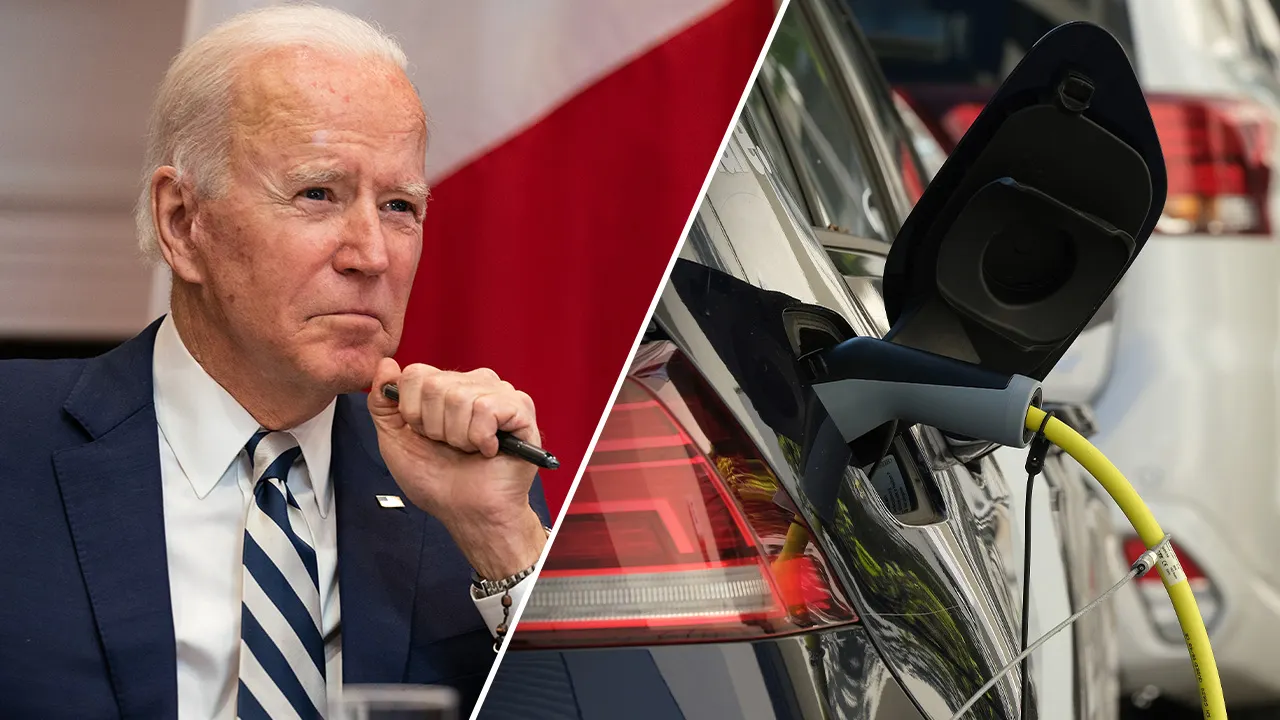Oil Industry Launches Aggressive Campaign Against Biden’s EV Policies
Biden Administration Defends EV Regulations Amid Industry Backlash
According to SAN, the oil industry is intensifying its resistance against President Biden’s push for electric vehicles (EVs) through a robust advertising campaign in key swing states ahead of the 2024 election. Led by the American Fuel & Petrochemical Manufacturers (AFPM) the campaign portrays Biden’s vehicle emissions regulations as a threat to consumer choice and national interests. Although these regulations do not outright ban gasoline-powered cars they set ambitious pollution standards aimed at significantly increasing EV adoption by 2032. The AFPM argues that such measures could restrict consumer freedom and have detrimental effects on industries reliant on traditional fuels.
This advertisement from AFPM highlights a broader national debate concerning automotive technology and energy policy in the United States. President Biden’s administration defends these regulations as crucial steps in combating climate change and enhancing air quality. The goal is to transition towards a cleaner more sustainable transportation sector aligning with global efforts to reduce greenhouse gas emissions. However, the oil industry voices concerns that stringent regulations could weaken economic stability and national security. They fear job losses within the fossil fuel sector and heightened dependence on foreign energy sources if the shift toward EVs accelerates too rapidly.
READ ALSO: $3.521 Average Gas Price: Relief In Sight As Prices Dip – But Regional Disparities Remains!

Oil Industry Launches $10M Ad Blitz Against Biden’s EV Mandate, Fearing Job Losses and Economic Instability! (PHOTO: PNGWing)
Stakeholder Influence Shapes Regulatory Landscape in EV Debate
Amidst this contentious landscape stakeholders such as automakers, car dealers, and labor unions have influenced the finalization of regulations to mitigate their impact. They advocate for a phased transition that accommodates market dynamics and consumer preferences while balancing environmental goals. Despite these adjustments the oil industry remains steadfast in its opposition framing the issue as a critical choice between preserving established energy sources and embracing new technologies. The outcome of this debate could fundamentally reshape the automotive industry and influence energy policies for years to come reflecting broader shifts towards sustainability and innovation in transportation.
READ ALSO: $825,000 Settlement: Lewis County Residents Can Claim Up To $2 Per Unit For Earth-Rated Compostable Poop Bag Misrepresentation

















































